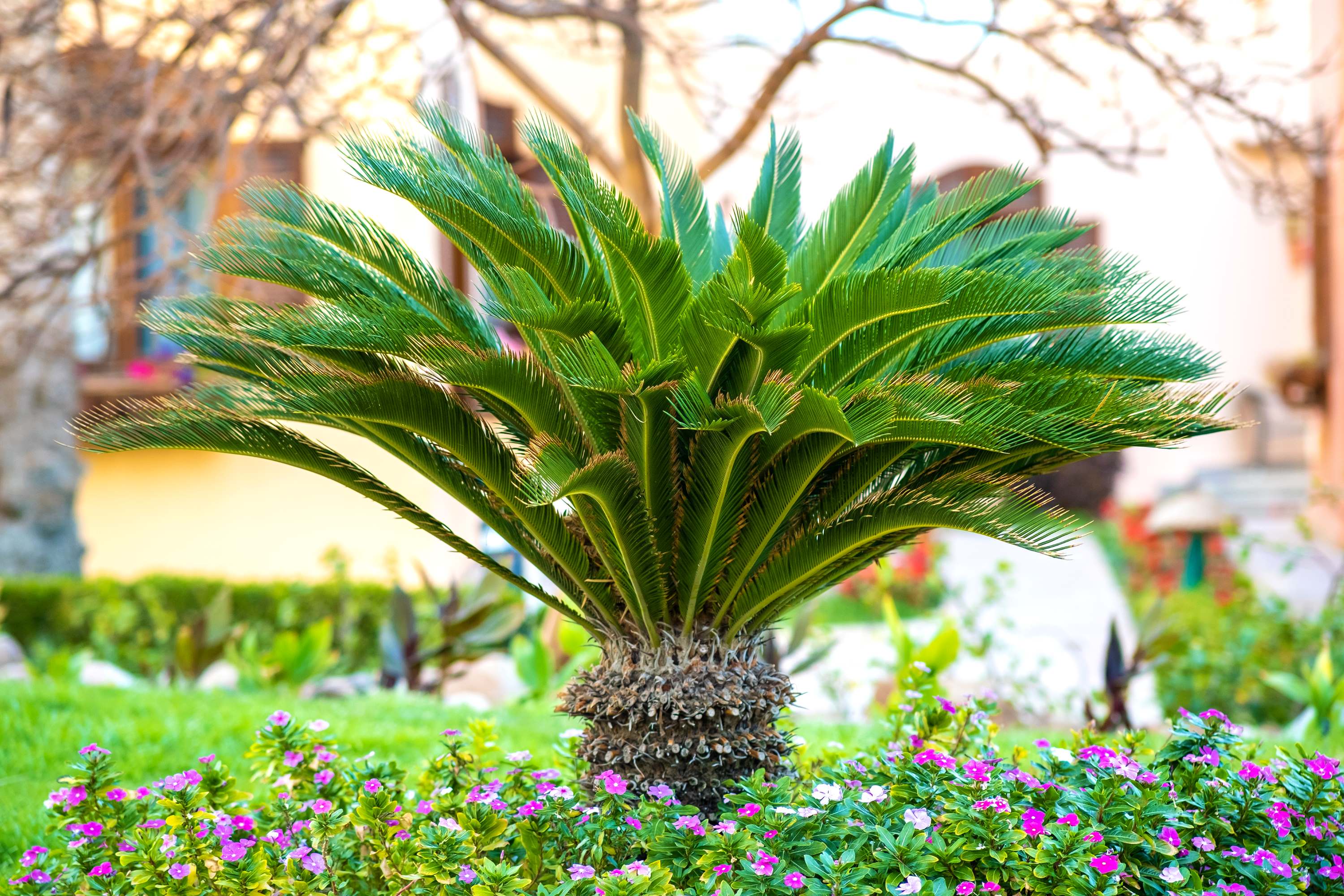As residents of Kenner, Louisiana, we know that our region’s unique climate and ecosystem are important aspects of our community’s charm. However, with growing concerns about water conservation and environmental preservation, it’s crucial to find innovative ways to maintain our lush gardens while remaining eco-conscious. Sustainable landscaping is not only a responsible choice but also a beautiful one, allowing you to create a thriving green space that benefits both your garden and the environment.
In this blog post, we will explore sustainable landscaping practices that help conserve water, protect natural resources, and ensure the longevity of our picturesque Kenner landscapes. By adopting these eco-friendly techniques, you can play an essential role in preserving our local environment for future generations while enjoying the rewards of a healthy and vibrant garden.
Follow our expert guidance and commit to sustainable landscaping practices that serve your green spaces and the environment with equal care. Implement these eco-friendly techniques, and watch your garden thrive in harmony with nature.
Water Conservation Techniques for Your Kenner Garden
Water is a precious resource, and employing efficient water conservation techniques in your garden can have a significant impact on our local ecosystem. By implementing these strategies, you can minimize water usage while supporting plant vitality:
1. Drought-tolerant plant selection: Opt for native plants or drought-resistant varieties that can thrive with less water. These species are well-adapted to local conditions and often require less maintenance.
2. Rainwater harvesting systems: By collecting rainwater through barrels, tanks, or underground cisterns, you can repurpose water runoff for use in your garden, reducing reliance on municipal water sources.
3. Efficient irrigation technologies: Upgrade your irrigation system to minimize water waste. Drip irrigation or soaker hoses can ensure targeted delivery of water to plants’ roots, while smart controllers and timers can optimize watering schedules.
Organic Soil Management for Eco-Friendly Landscapes
Healthy, nutrient-rich soil is essential for any thriving garden, but synthetic fertilizers and amendments can harm the environment. Opt for organic soil management practices that promote plant health while protecting our resources:
1. Organic soil amendments: When amending your soil, choose organic materials like compost, aged manure, or organic soil conditioner. These options help improve soil structure and fertility while reducing the need for synthetic fertilizers.
2. Cover crops and green manure: Plant cover crops, such as clover or winter rye, to help prevent soil erosion, improve soil structure, and suppress weeds. Green manure, which involves tilling plants back into the soil, can add organic matter and nutrients for future growth.
3. Mulching: Applying organic mulches like wood chips, straw, or pine needles helps reduce water evaporation, suppress weeds, and protect soil from erosion while gradually decomposing and adding nutrients.
Sustainable Garden Design Principles
Create a garden that requires minimal resources and reflects the beauty of nature by following these sustainable design principles:
1. Optimize natural light and shade: Position plants to take advantage of sunlight and shade, reducing the need for supplemental lighting or shading devices. Place taller plants where they can provide natural shade to smaller, more heat-sensitive plants, reducing water evaporation.
2. Create a diverse ecosystem: Design your garden to host a wide variety of plant species, creating a balanced, self-sustaining ecosystem that supports pollinators, beneficial insects, and native wildlife.
3. Maximize space efficiency: Use vertical and container gardening techniques to maximize space, especially in smaller urban gardens. This allows for more plant diversity, better use of light and water, and reduced soil compaction and erosion.
Environmental Stewardship: The Key to Sustainable Landscaping
Promote environmental preservation and biodiversity in your Kenner landscape with these eco-conscious practices:
1. Preserve native habitats: Incorporate native plants in your garden, supporting local ecosystems and requiring fewer resources for their care. Additionally, work to preserve existing natural habitats on your property, such as wetlands, woodlands, or meadows.
2. Protect biodiversity: Design your garden with a rich mix of plant species to attract beneficial insects, pollinators, and wildlife while deterring pests with the use of integrated pest management practices.
3. Mitigate urbanization effects: By creating sustainable landscapes, we can counteract the effects of urbanization, such as stormwater runoff and decreased biodiversity. To mitigate these impacts, use permeable paving materials, create rain gardens, or incorporate green roofs.
Cultivating Success with Sustainable Landscaping in Kenner
Embracing sustainable landscaping practices is a win-win situation for both your garden and our precious Kenner environment. By conserving water, nurturing organic soil, designing with intention, and committing to environmental stewardship, you can foster a vibrant and eco-friendly outdoor oasis.
Our team at Reliable Soil Co. Inc. is here to help you create the perfect sustainable landscape. We offer expert guidance, high-quality landscaping soil products, and valuable resources to support your eco-friendly goals. By working together, we can protect our Kenner community and natural resources for generations to come. Contact us today and watch your sustainable vision become a reality.

